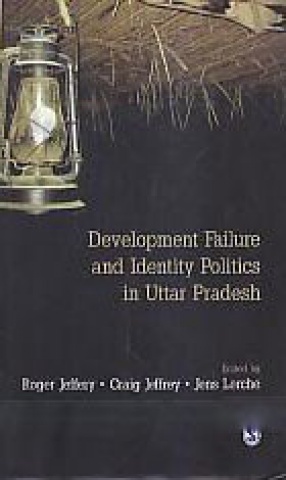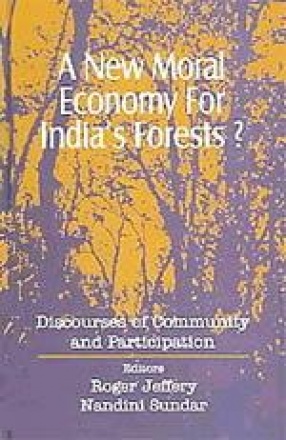This book is a collaborative review of the Joint Forest Management (JFM) programme in India, which is a relatively recent attempt to make forest policy socially responsible. It is a scholarly yet refreshingly analytical study of the origins, regional variations, and shortcomings of various JFM projects. The book is a rare combination of extensive field study, social science insights and policy studies. It shows that far from being a simple, unified programme, JFM is a complex outcome of debates, policies and practices, all recent in ecological and institutional terms, and all constantly evolving. The authors demonstrate how the livelihood objectives of poor people living in and around forests are still far from being met. Despite the officially explicit objective of JFM—afforestation of degraded lands—this book reveals that in practice, governments have had other implicit agenda. In the process of implementing ‘participatory’ forestry, communities and their needs are being reconfigured. The volume combines detailed ethnographic work at the village level with a survey of NGOs and forest departments at the state and national levels. With the fieldwork spread over sixteen villages in Gujarat, Madhya Pradesh, Orissa and Andhra Pradesh, the book will be of widespread interest to a broad spectrum of readers including researchers and students of environment and ecology, economists, sociologists, activists, and policy-makers in the development sector.

Branching Out: Joint Forest Management in India
Out of stock
Out of stock
Free & Quick Delivery Worldwide
reviews
Bibliographic information
Title
Branching Out: Joint Forest Management in India
Author
Edition
1st ed.
Publisher
ISBN
195656520
Length
xv+289p., Tables; Maps; 23cm.
Subjects










There are no reviews yet.